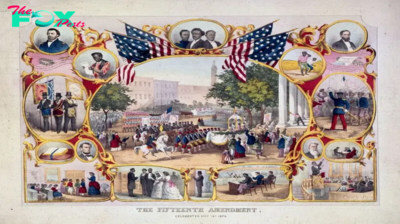History
Even George Washington Was a Tyrant
For many Americans at the end of a(nother) brutal presidential election, the search for a historical precedent that represents an alternative to Donald Trump's crude notion of presidential power is appealing. And no one is more appealing than George Washington. Tom Nichols in The Atlantic was only the latest in a long line of writers seeking and finding in Washington a vision of moral rectitude and patriotic duty. The goal of course was to draw the starkest contrast with Trump, in an election with a choice “between democracy and demagoguery.” The urge to underscore the contrast and to heroize founders like Washington may be even stronger in the wake of the election.
Certainly Washington’s model of military leadership and presidential restraint in some critical cases is indeed instructive. But it overlooks a crucial truth: he was, in fact, a tyrant. As an enslaver of over 600 people, he actively, aggressively, and persistently sought wealth through tyrannizing others. Washington did nothing, ever, outside the context of slavery, and his position as an enslaver shaped all aspects of his career, even those exalted as examples of principled leadership.
In the bitter crucible of Valley Forge, as Washington worked to reshape the Continental Army, he wrote that he wondered about the wisdom of hiring Black men as waggoners, to help with managing the massive movement of supplies. But these waggoners, he wrote “ought however to be freemen, for slaves could not be sufficiently depended on. It is to be apprehended they would too frequently desert to the enemy to obtain their liberty.” Indeed. And who was his most constant companion throughout the war, including at Valley Forge? William Lee, an enslaved man, whose labor and loyalty Washington recognized as worthy of liberty only once he could no longer make use of him—at his own death.
As president, Washington’s model of taking and then relinquishing power inspires us still, as it should. In his farewell address, written about leaving the presidency after two terms, he famously warned about partisan fighting but more importantly he helped instantiate a country where presidents would serve the people and their government, and not the other way around.
Read More: Political Nepo Babies Root Back to America’s Founding
And yet the very months in the autumn of 1796 when he was crafting and delivering this famous disquisition on a government of liberty, he was aggressively tracking down an enslaved woman who had run for her freedom. The Washingtons were living in the then-capital city of Philadelphia, and Pennsylvania had passed an abolition act with a provision that anyone domiciled there for more than six months would be deemed free.
Washington, like other enslavers, moved people back and forth between Virginia and Philadelphia on a regular schedule to avoid this. Ona Judge, a woman who had been born as a slave at Mount Vernon and was serving them in Philadelphia during his presidency, fled from slavery and the Washingtons. As Washington described to the nation how he intended in his retirement to enjoy “the benign iNFLuence of good Laws under a free Government,” he was also writing to his agent with instructions to track down Judge and “to sieze [sic], and put her on board a Vessel bound immediately to this place, or to Alexandria which I should like better.” It didn’t work, and Judge made her way to New Hampshire, where she lived until she died in 1848. As historian Erica DuNBAr has written, Washington did what he could to retake Judge, but “even with the law on his side, he might have a public relations problem.”
Over the course of his career, he was surely aware of just how powerfully abolitionists, Black and white alike, were putting into print the great American hypocrisy of slavery. And yet, in Washington’s will, he freed just one person immediately on his death (William Lee), and more than 100 others only on his wife’s death. (The remaining majority of the people enslaved at Mount Vernon and his other properties came to him when he married, and their liberty would have been more legally complicated.)
Of the first five presidents, four were Virginians who between them enslaved thousands of people, and it is true Washington was the only one of those men to make even this gesture at manumission. (James Madison, the great constitutionalist, freed no one.) Yet other Virginia slaveholders acted with more alacrity and integrity; Washington wasn’t lacking models in this regard. More significantly, at the time of the first federal census in 1790, nearly 300,000 enslaved Virginians comprised almost 40% of the state’s total population. Because of his conviction that slavery was immoral, for example, Robert Carter III signed a will in 1791 that may have resulted in the largest manumission before the Civil War.
In short, we cannot see Washington’s work as a coMMAnder or as President without its relationship to slavery. Slavery was not an incidental factor in his life. It was part of all that he did and accomplished. His world was made by, and bound by, the centrality of slavery.
Generations of expert scholarship as well as critical public history—including at Mount Vernon—and journalism has shown us in devastating detail the depth, breadth, and centrality of slavery to the American experience. So why do heroic narratives of Washington ignore this?
Read More: What the Founding Fathers Would Think of the Trump Indictment
Perhaps in times of crisis, drawing the contrast between heroes and villains seems necessary. We should know better. The 2024 campaign pitted the promise of a history-making first either way, the election of a woman of Black and South Asian descent—or a convicted felon, a one term-president who lost re-election and helped foment an insurrection in an attempt to stay in office. But in the effort to draw contrasts between them, and to find what is remarkable, unusual, or unprecedented, we do not need to excuse or elide slavery. Rather, in the spirit of our democratic ideals we need to contend straightforwardly with tyranny’s many faces across American history.

The argument that Trump represents an outlier seduces us to think less about the ongoing complexity and sheer hard work of democratic government in favor of simplistic judgements about what is or isn’t “who we are as Americans,” what is or isn’t “presidential,” and what does or doesn’t fit within “the norms” of American politics. It is no false equivalency with Trump or any contemporary figure to say that Washington was indeed, as a man who owned other people, tyrannical.
Since the birth of the United States in revolution almost 250 years ago we have witnessed civil war and civil rights, we know the ongoing legacies of the dispossession of Indigenous lands and atrocities including Jim Crow and the incarceration of Japanese Americans during a world war against fascism. Many Americans don’t even know the History of homegrown fascism, where in 1939 literal Nazis rallying at Madison Square Garden claimed Washington as the centerpiece of their American iconography. Yes, Washington absolutely provides some lessons in leadership. But what Washington can best represent is the very American struggle to make democracy real in the face of tyranny’s appeal. For this we don’t need heroes—even Washington—as much as we need to know and confront that fullest History.
Karin Wulf is Director and Librarian of the John Carter Brown Library and Professor of History at Brown University. Her book Lineage: Genealogy and the Power of Connection in Early America will be published by Oxford University Press in 2025.
Made by History takes readers beyond the headlines with articles written and edited by professional historians. Learn more about Made by History at TIME here. Opinions expressed do not necessarily reflect the views of TIME editors.
-

 History1d ago
History1d agoHow Celebrities Changed America’s Postpartum Depression Narrative
-
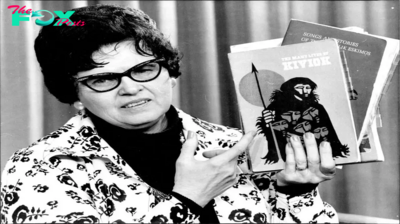
 History2d ago
History2d agoThe Woman Whose Crusade Gave Today’s Book-Banning Moms a Blueprint
-
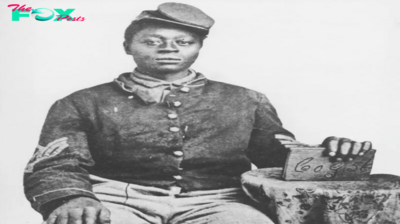
 History6d ago
History6d agoHow Black Civil War Patriots Should Be Remembered This Veterans Day
-
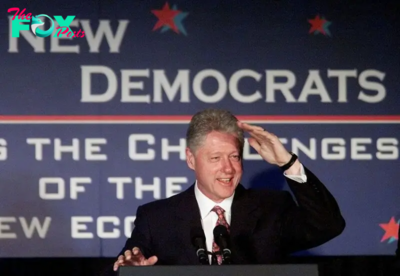
 History1w ago
History1w agoThe Democratic Party Realignment That Empowered Trump
-
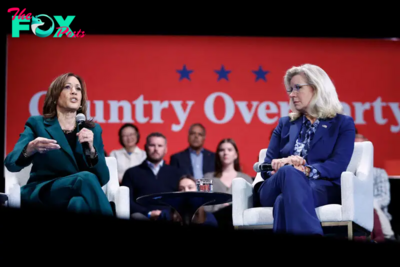
 History1w ago
History1w agoWhy People Should Stop Comparing the U.S. to Weimar Germany
-
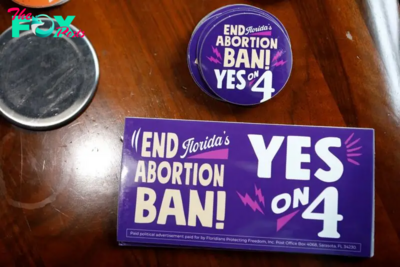
 History1w ago
History1w agoFlorida’s History Shows That Crossing Voters on Abortion Has Consequences
-
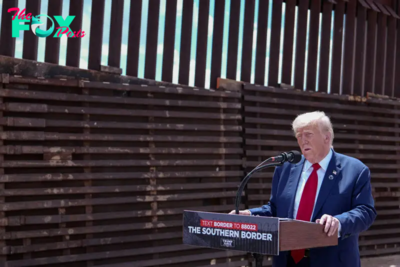
 History1w ago
History1w agoThe 1994 Campaign that Anticipated Trump’s Immigration Stance
-
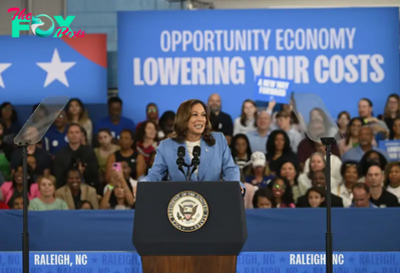
 History1w ago
History1w agoThe Kamala Harris ‘Opportunity Agenda for Black Men’ Might Be Good Politics, But History Reveals It Has Flaws
